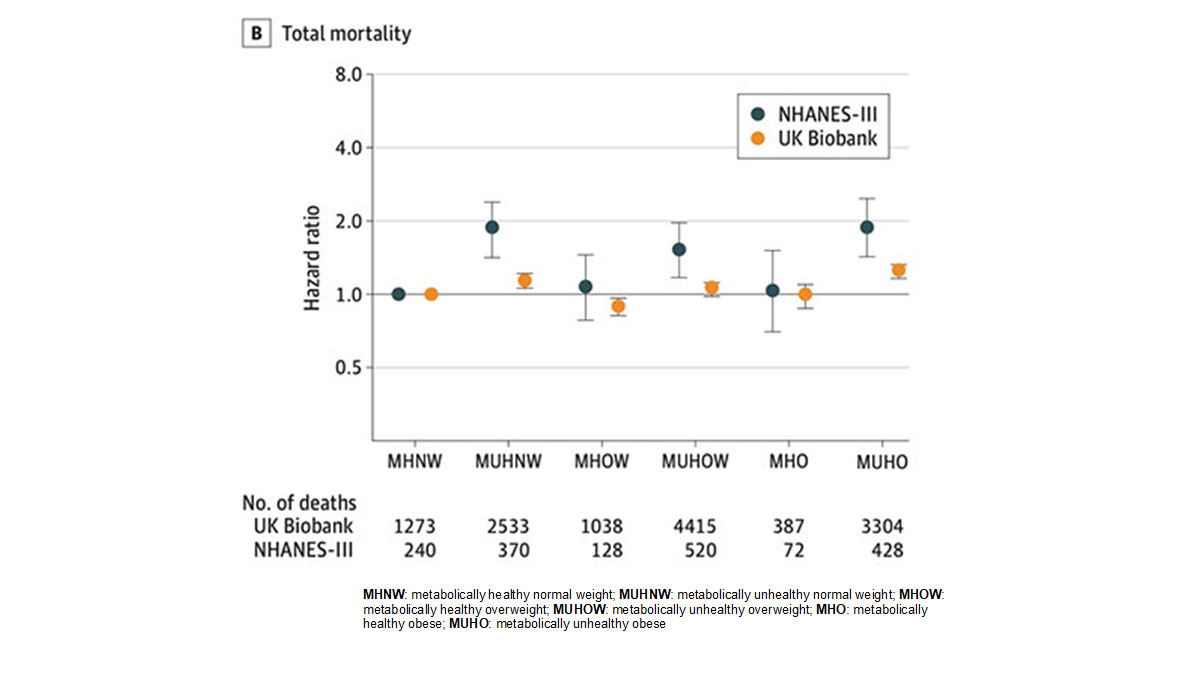Body mass index (BMI) is now recognized as an inaccurate measure of individual health. However, it is still widely used in medical research and clinical health assessments.
Someone with an “obese” BMI will likely hear they are at increased risk for diseases such as type 2 diabetes and cardiovascular disease. Risk factors for these cardiometabolic diseases include physical inactivity and an unhealthy diet, habits often assumed for people with obesity. Yet because BMI disregards factors such as muscle mass, race, sex and overall body composition, healthy, fit people are often misclassified into the “overweight” and “obese” BMI categories.
Researchers have explored “metabolically healthy obesity” to delineate people in the “obese” BMI category who are not at increased risk of cardiometabolic disease. Anika Zembic and colleagues formulated a new definition of metabolic health based on systolic blood pressure, use of blood pressure medication, waist-to-hip ratio, and presence of diabetes symptoms. They categorized people by BMI (normal, overweight, obese) and then used their new definition to divide each category into “metabolically healthy” and “metabolically unhealthy” subgroups.
The graph depicts the risk of overall mortality for metabolically healthy and unhealthy subgroups within each BMI category. As indicated by the blue dots, the metabolically unhealthy groups (“MUH”) are all at increased risk of mortality regardless of BMI. Similarly, individuals in the “metabolically healthy obese” (“MHO”) group were not at increased risk of overall mortality compared to individuals classified as “metabolically healthy normal weight” (“MHNW”). The researchers suggest using this new definition of metabolic health could prevent weight misclassification and identify individuals truly at risk of disease and mortality.
Being labeled as “obese” or “overweight” can cause psychological harm and may be inaccurate when based on the BMI. Redefining what constitutes a healthy weight will give people a more accurate picture of their overall health and help break down the stereotypes associated with obesity.
Databyte via Zembic A, Eckel N, Stefan N, Baudry J, Schulze MB. An Empirically Derived Definition of Metabolically Healthy Obesity Based on Risk of Cardiovascular and Total Mortality. JAMA Network Open. 2021.














